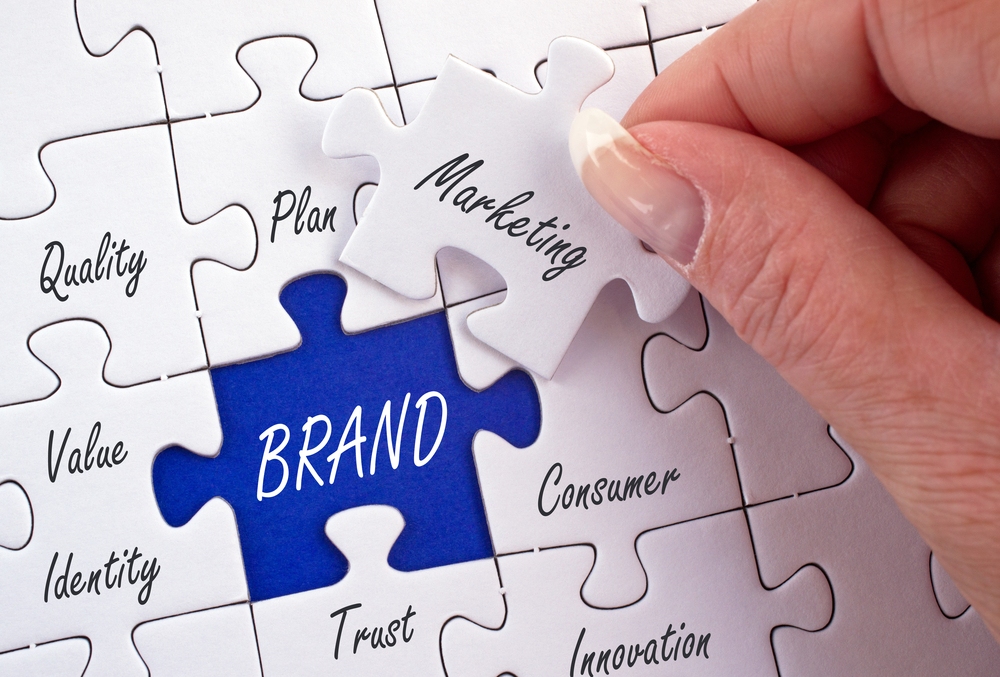How 3 Top Brands are Using Personalization

These days, customers want to feel that they’re being heard and understood by their favorite brands. In fact, 73% of consumers want a more personalized shopping experience. Personalization allows brands to create a unique experience for their customers — in turn, demonstrating that they are being heard, and hopefully contribute to increased sales volume.
And, it is working. According to a study done by Infosys, 86% of consumers are influenced by personalization when making shopping decisions. Consumers are motivated to purchase more when they are made to feel relevant.
Thus, personalization has become increasingly important for brands and their success. Let’s take a look at three brands that are succeeding by bringing personalization into the consumer journey.
Burberry
This 156-year-old brand has pioneered a different kind of personalization for customers. Partnering up with Pinterest, Burberry has given customers a way to build personalized boards with product content provided by Burberry.
The “Cat Lashes” promo initiative offers a personalized experience for customers based on their makeup preferences. Users take a quick questionnaire and get personalized makeup looks and tips through a personalized Pinterest board. Burberry promotes their Cat Lashes Mascara through the Pinterest boards. The personalized boards also offer tips on how to create relevant looks for each customer while also using the Cat Lashes Mascara.
According to an internal study, 42% of consumers have bought products based on promoted pins they saw on Pinterest. Burberry’s “Cat Lashes” initiative is, therefore, capitalizing on Pinterest’s broad consumer base. The personalized boards serve as a promotional hub for the Cat Lashes Mascara, as well as related and relevant Burberry products.
GILT
Gilt.com was listed in Fast Company’s Top 25 Innovative Companies in 2010and ranked first in fashion that year. How did a company, which launched in 2007, garner so much success in just five years? The reason is that the online retailer personalizes sales and promotions for each customer and app user.
The luxury flash sales site has installed a personalized user page online and on the mobile app. This personalization feature is called “Your Personal Sale,” and goes beyond the daily e-mails a shopper receives. The personalized sales, generated by an algorithm, takes into consideration a customer’s entire shopping experience. Based on factors such as purchase history, geographic location, browsing behavior, and personal preferences, “Your Personal Sale” finds fresh items and deals daily. Personalization goes one step further, with Gilt.com also considering size, categories, and brands that customers frequently engage with. Each personalized sale lasts 24 hours, after which a new set of deals and sales are presented. According to CIO Steve Jacobs, personalized sales are “the next phase of the flash sale model.” The company leverages the sense of discovery the app provides, “tailoring [the] shopping experience just for them.”
Gilt.com brings personalization to the online fashion and retail platform and makes a conscious effort to tailor products to its customers. According to Jacobs, “people are coming back more frequently, and they’re excited to see what’s in their sale tomorrow.” Personalized sales pushed the online retailer to be valued at roughly $1 billion just after five years of launching. Gilt’s personalization strategy has propelled the e-commerce company to enormous success.
Spotify
The online music platform Spotify is the leading music streaming host, despite competitors like iTunes and Google Play.
The introduction of personalized playlists has distinguished Spotify from other streaming sources.
One of these personalized playlist functions is “Discover Weekly.” Discover Weekly is a service which personalizes to each listener’s taste across a variety of genres. A personal playlist of 30 songs is curated and released each Monday based on listening habits. The music streaming service has also launched the “Release Radar” feature. Every Friday, the two-hour playlist is updated with newly released music from artists and bands a listener frequents. In addition, listeners who curate their playlists receive personalized suggestions on their playlists as well. The streaming service learns from personal preferences, songs skipped and replayed, and even looks at micro-genre music preferences to curate the best suggestions for each listener.
Spotify’s lead engineer and algorithm creator Edward Newett says, “we’re trying to show that Spotify understands users better than anyone else.” Within the first 10 months of launching, Discover Weekly saw 5 billion song plays. Senior product owner Matt Ogle says Discover Weekly’s success has “completely changed” the way Spotify interacts with consumers. The great success with user personalization has also increased consumer loyalty. Spotify boasts 40 million paid subscribers, compared to Apple Music’s 20 million paid subscribers.
Personalization is key to a brand’s success and transforms the customer experience. The focus on personalization allows many of these companies to grow as customers engage with brands more and more. With personalization on the rise, it will be interesting to see how industries implement various personalization tactics into their customers’ experiences.





